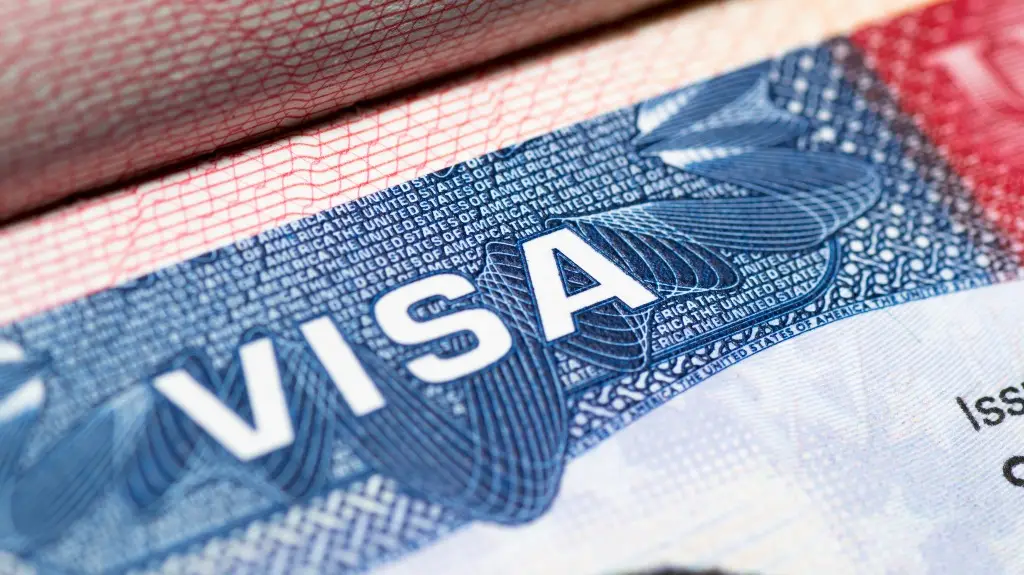New U.S. Policy Restricts Interview Locations for Nonimmigrant Visas

Effective Immediately: What Applicants Need to Know
By Luciane Tavares, Esq.
Updated September 12, 2025
The U.S. Department of State (DOS) has just implemented a significant policy shift affecting nearly all nonimmigrant visa (NIV) applicants. Effective immediately, applicants must schedule their visa interview appointments at a U.S. embassy or consulate in their country of nationality or residence — with only very limited exceptions.
This change is a major departure from prior practice, where applicants often scheduled interviews in third countries with shorter wait times. While this option made scheduling faster and more flexible, the new rule standardizes the process and restricts interview locations worldwide.
Who Is Affected
The new policy applies broadly to most NIV categories, including:
- Work visas: H, L, O, P, Q, R
- Student visas: F, M, J
- Visitor visas: B-1/B-2
It does not apply to diplomatic/official categories (A, G, NATO, C-2/C-3) or visas covered under the U.N. Headquarters Agreement.
If you are a national of a country where the U.S. does not conduct routine NIV operations (e.g., Cuba, Iran, Venezuela, Syria), you must now travel to a designated third-country consulate for your appointment. For example, Venezuelan applicants must process in Bogotá, Colombia, and Iranians in Dubai.
Key Details to Know
- Existing Appointments – Current appointments will generally remain valid and will not be automatically canceled under this new policy.
- No Fee Refunds – Application fees will not be refunded if you choose an incorrect interview location or cannot attend.
- Exceptions Are Rare – Only limited humanitarian, medical, or foreign policy exceptions will be granted at the discretion of the DOS.
- Proof of Residence Required – If you wish to interview in your country of residence (but not nationality), be prepared to submit documentation showing you are legally residing there.
Impact on Applicants
This change will have a practical impact on applicants worldwide:
- Longer Wait Times – Some countries have limited interview capacity, meaning applicants may face increased backlogs.
- Higher Travel Costs – Applicants from countries without U.S. consular services must budget for flights, accommodation, and possible visa requirements to travel to designated posts.
- Reduced Flexibility – The popular strategy of choosing third countries with faster availability (so-called “visa tourism”) is no longer an option for most applicants.
Immigration expert Erik Finch noted that this shift “may create additional burdens for students, workers, and travelers already navigating a complex system,” potentially delaying education, employment, or family reunification plans.
What You Should Do Now
If You Already Have a Pending Case
- Check Your Appointment Location: Verify whether your interview is scheduled at the correct embassy/consulate.
- Prepare Proof of Residence: If interviewing in your country of residence, gather documents such as lease agreements, utility bills, or resident permits.
If You Are About to Apply
- Plan Ahead: Check processing times at your designated post and apply early.
- Budget for Travel: If your country does not have routine NIV operations, plan for travel to the nearest designated post.
- Monitor Consular Updates: Embassy websites often update wait times and instructions weekly — check them regularly.
This new DOS rule represents a significant tightening of the nonimmigrant visa process. It reduces applicant flexibility and may lead to longer waits, higher costs, and more logistical hurdles for many travelers.
If you are unsure where your case should be processed or need to request an exception, consult with an experienced immigration attorney before scheduling. A proactive approach can prevent costly mistakes and avoid delays in work, study, or travel plans.
Need Help?
At VisaLex, we help individuals, students, and employers navigate these evolving rules. Contact us today for case strategy and scheduling guidance so you can avoid disruptions to your education, employment, or travel.
